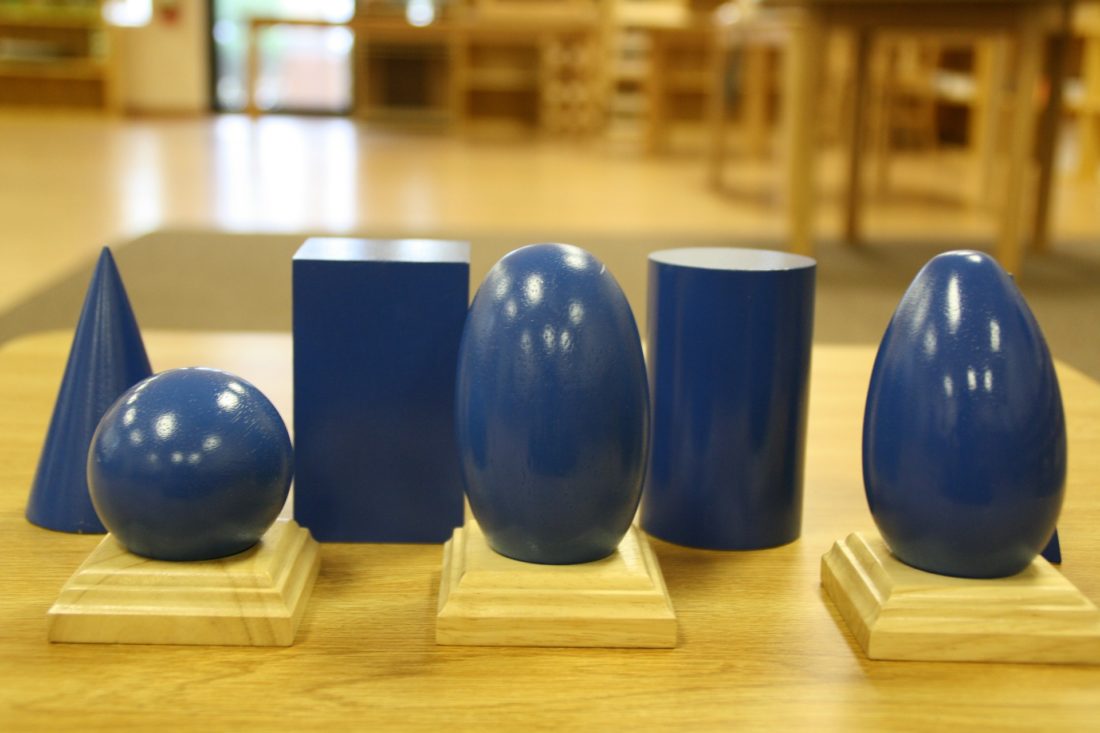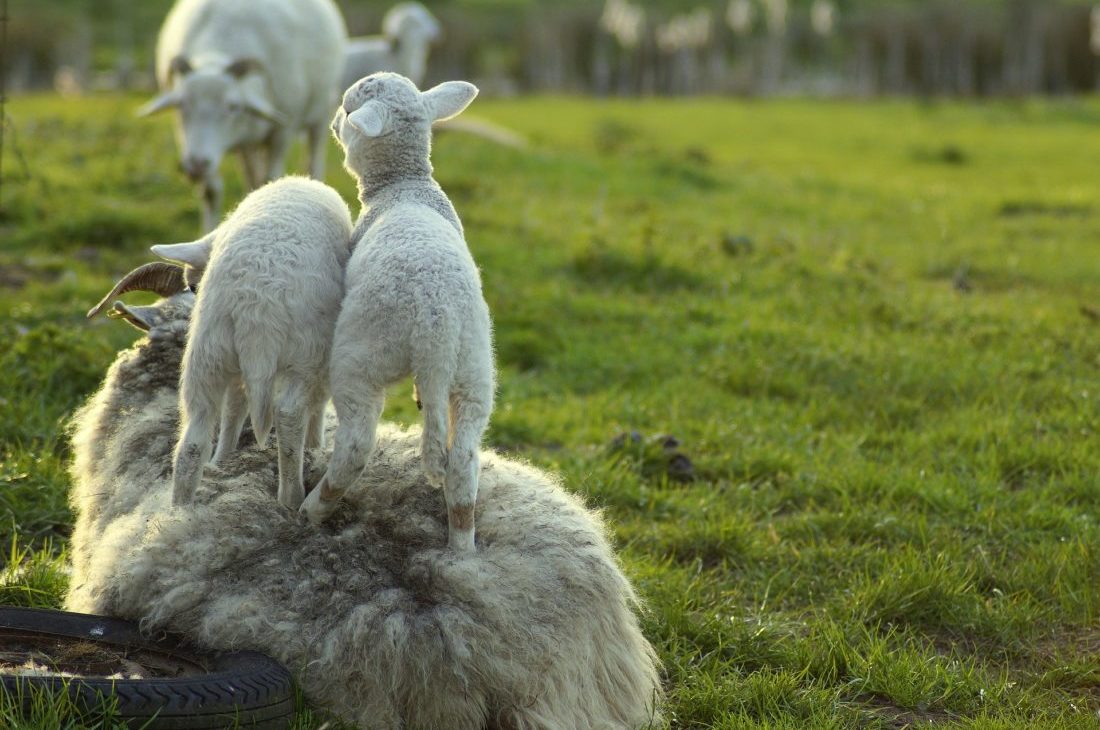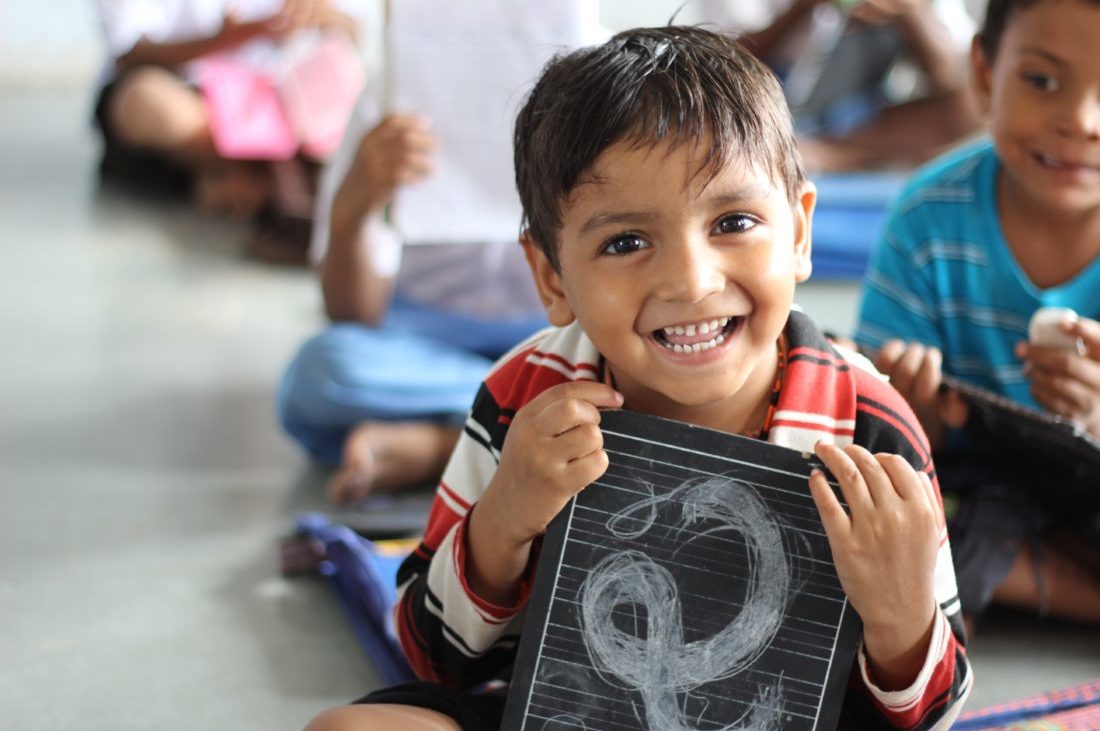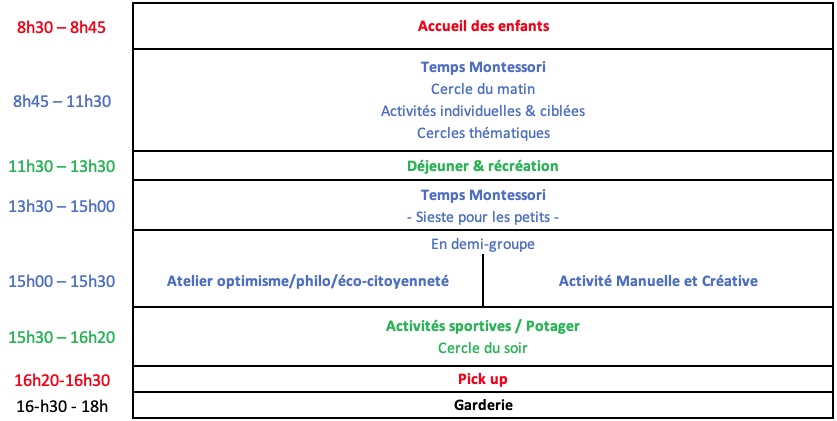Inscriptions ouvertes / registrations open : direction@ecole-de-loptimisme.fr / 09 54 50 29 85
Growing in Confidence
L’École de l’Optimisme is a bilingual Montessori school (nursery and elementary), which enables children to grow up confidently in accordance with the French national curriculum.
We have chosen the Montessori teaching method to help our children grow up to be happy and confident Optimists. This personalised teaching method follows the child’s rhythm and teaches them to trust themselves. Children progress freely in their learning, in an environment that is attentive to their well-being and rhythms.
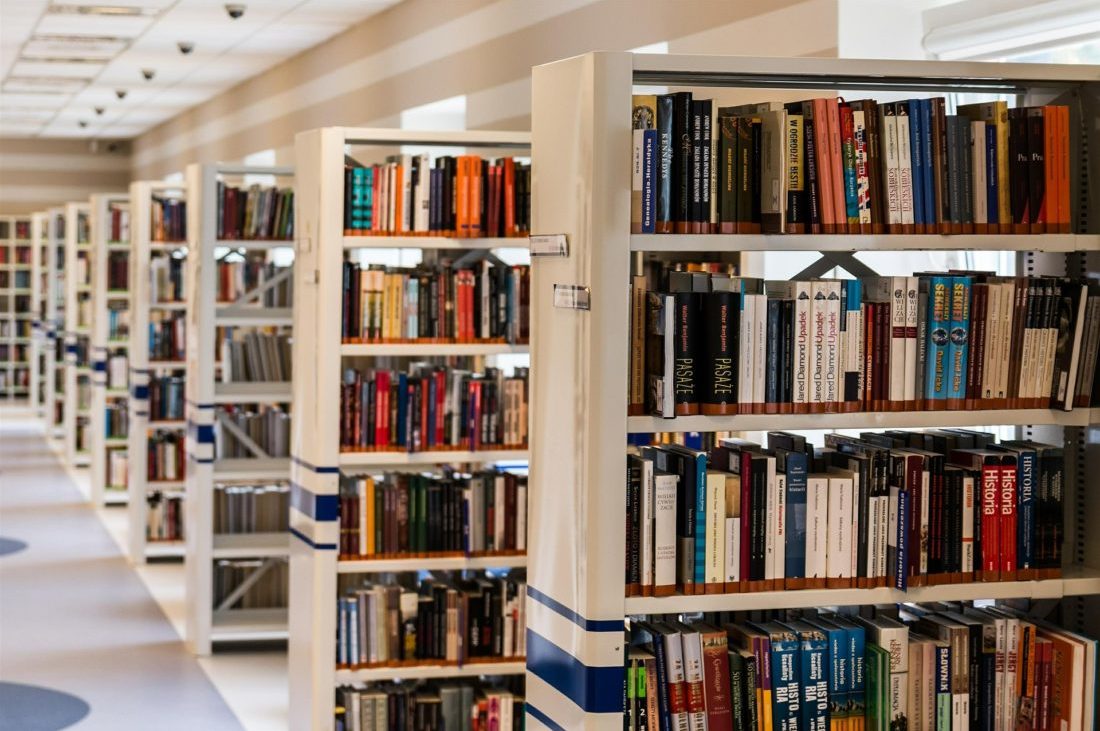
French national curriculum
Comply with the requirements of the French Ministry of Education
Educational project
L
Bilingual education
Montessori pedagogy
Cooperative learning
Manual and creative activities
Optimism and eco-citizenship workshopś
Compliance with the national education programme
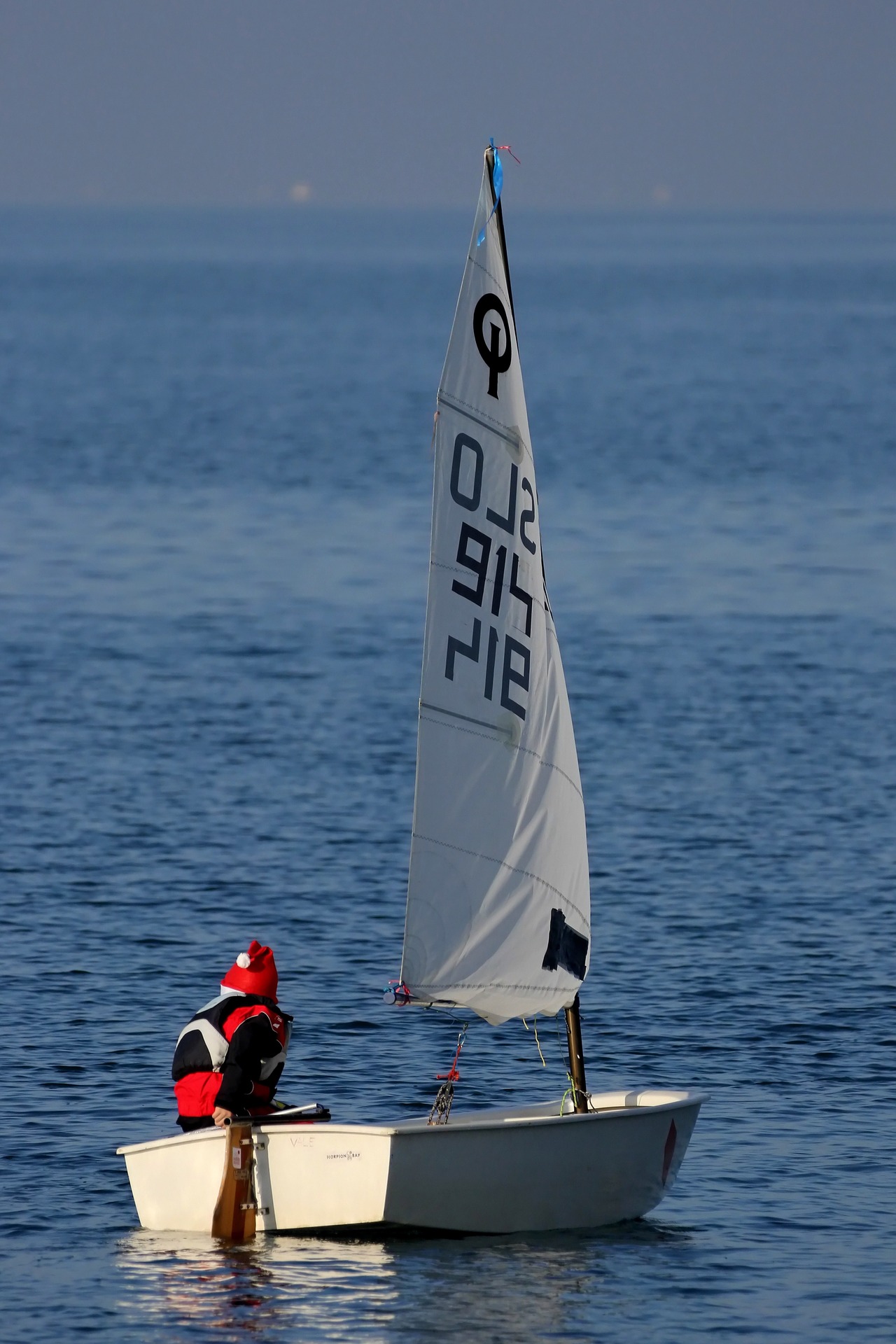
Everyday English
English is at the heart of all learning, through lessons, activities and gatherings in English.
3-6 years old : Each class is supervised by an English-speaking teacher and a French-speaking teacher.
6-11 years old : English classes are held every day and some lessons are in English.
Optimism workshops
Relating to oneself: building self-confidence, identifying and naming emotions, developing resilience, being aligned, speaking positively, feeling secure, developing creativity and intuition
Relationships with others: avoiding labels, valuing, knowing how to comfort, respecting oneself and others, cooperating, communicating with kindness
Relationship with the World: expressing gratitude, being open and curious, changing the way you look at life, connecting with nature, living in the present moment
Eco-citizenship
Group projects chosen by the children in support of a cause: recycling workshops, biomimetism, forest walks, debate workshops, etc.
Lunch is part of learning about eco-citizenship: learning how to set the table and clear the table, discovering seasonal fruit and vegetables, organic produce and local produce, limiting meat consumption (one vegetarian lunch a week).
Our partner works with us to provide healthy, balanced meals for the children every day. Different menus are put in place every week, using low-carbon logistics.
Creativity and physical activity
A variety of themes are used to enliven learning and infuse all teaching.
We encourage manual and artistic activities to develop physical skills.
Our educators and teachers are also trained in Yoga and Braingym.
A typical day at our Montessori school
Timetable: Monday-Tuesday-Thursday-Friday 8.30am – 4.20pm
(possibility of after-school care in the evening)
Below is an example of the nursery school


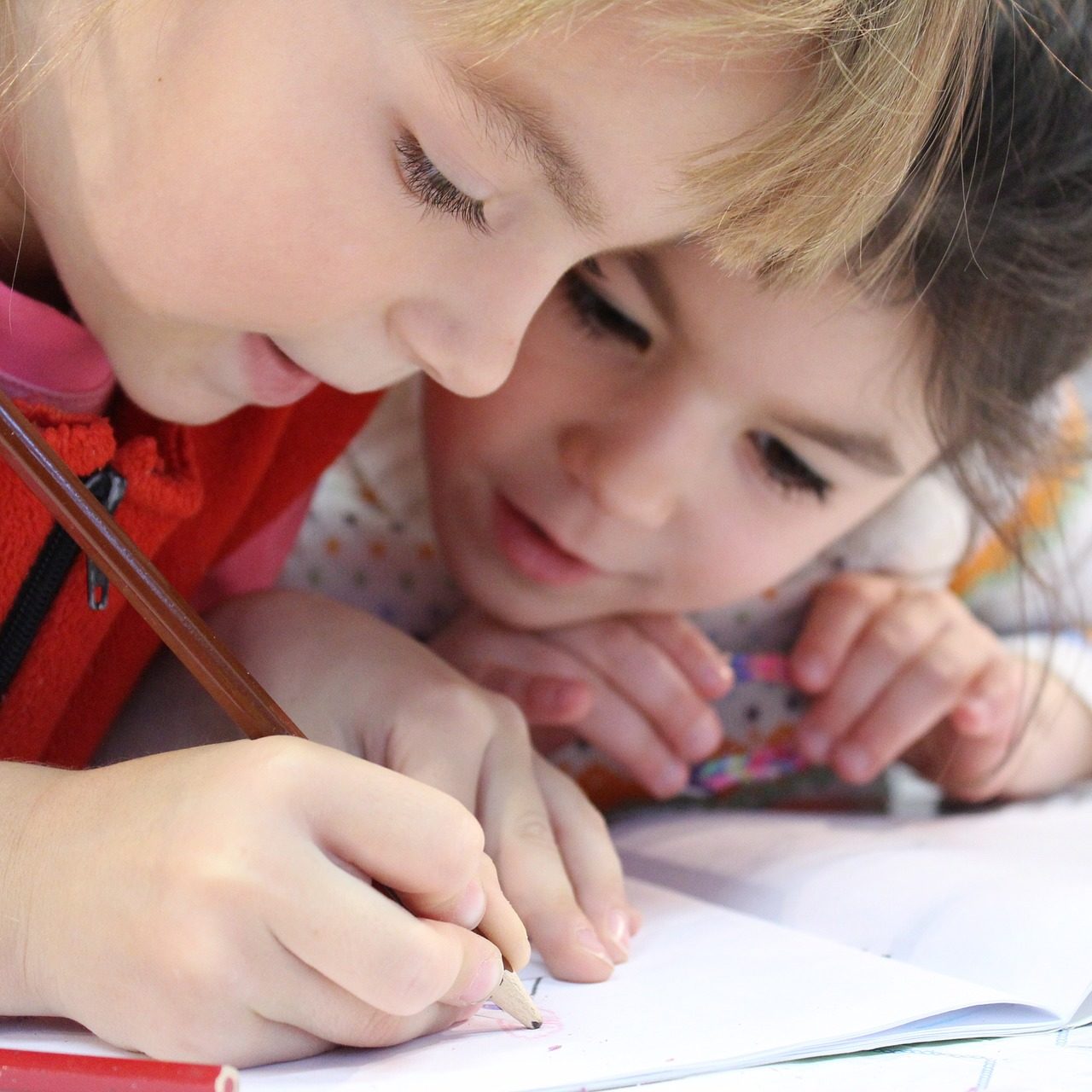
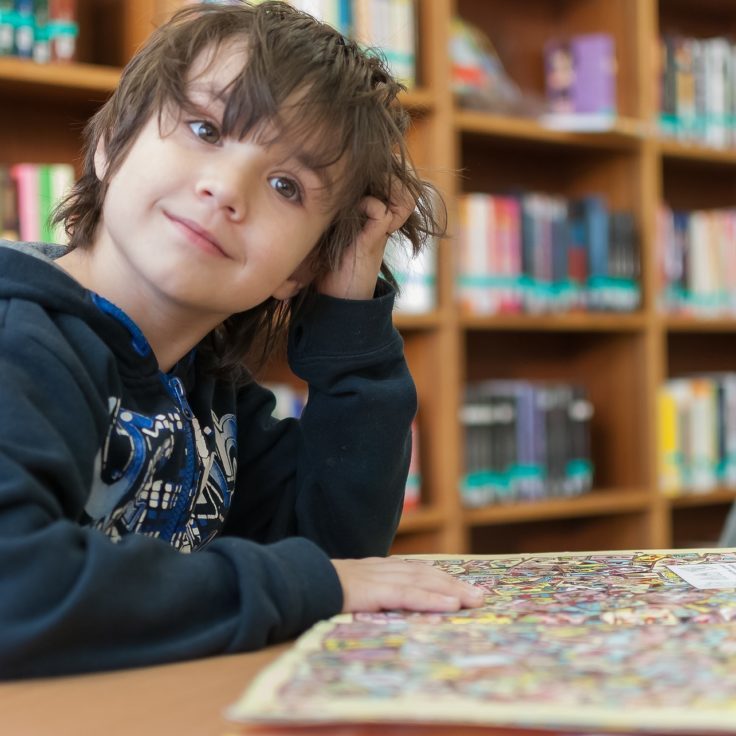
Everyone’s role
KIDS
We encourage children to take responsibility for their own learning
Do things for yourself, not to please others, and understand the value of effort.
Experiment: dare to take the plunge and experiment individually.
Cooperate: learn through cooperation and group activities.
Taking responsibility for one’s own successes and those of one’s classmates.
Taking part in school decision-making through the weekly Children’s Council, to share daily challenges and find solutions together.
Training in mediation, to learn how to manage conflicts.
Express yourself on the open stage during lunch break.
Take advantage of the multi-age environment: you can be both learner and trainer.
TEATCHERS
Their role: to support children at their own pace
The educators and teachers are committed to the child’s development through caring and personalised support.
They observe and guide children, adapting to their pace and valuing them, to foster their self-confidence and independence.
They capitalise on their talents, rather than seeing the child’s limitations and shortcomings, and teach them to harness their immense potential.
PARENTS
The vital role of parents in success
Parents serve as role models and are the main source of inspiration for their children. At school, we see them as true partners in their children’s education.
That’s why we invite them to :
Take part in the life of the school, to better understand what their child is going through: enrol for body awareness, creative workshops, etc.
Communicate constantly with the teachers, even when there is no problem, to ensure that all their child’s needs are taken into account.
Continue to teach optimism at home and turn it into a philosophy of life: take part in caring parenting workshops.
Quality approach
We measure each student’s progress in each of their skills and communicate this to their parents.
INDIVIDUAL STUDENT MONITORING
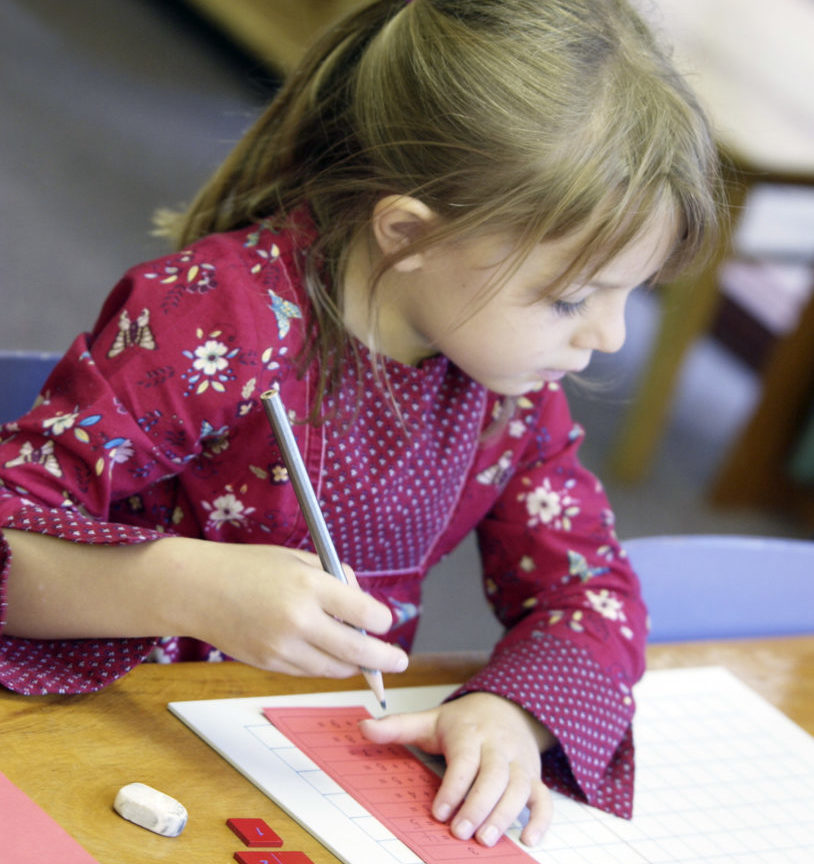
We draw up an individual learning plan for each child, which is updated every week. The Scolana tool allows us to share their child’s progress with families.
SECURITY

Evacuation plans, incident procedures and special security plans are in place to ensure the safety of the site and its occupants on a daily basis.
OUR QUALITY STANDARDS
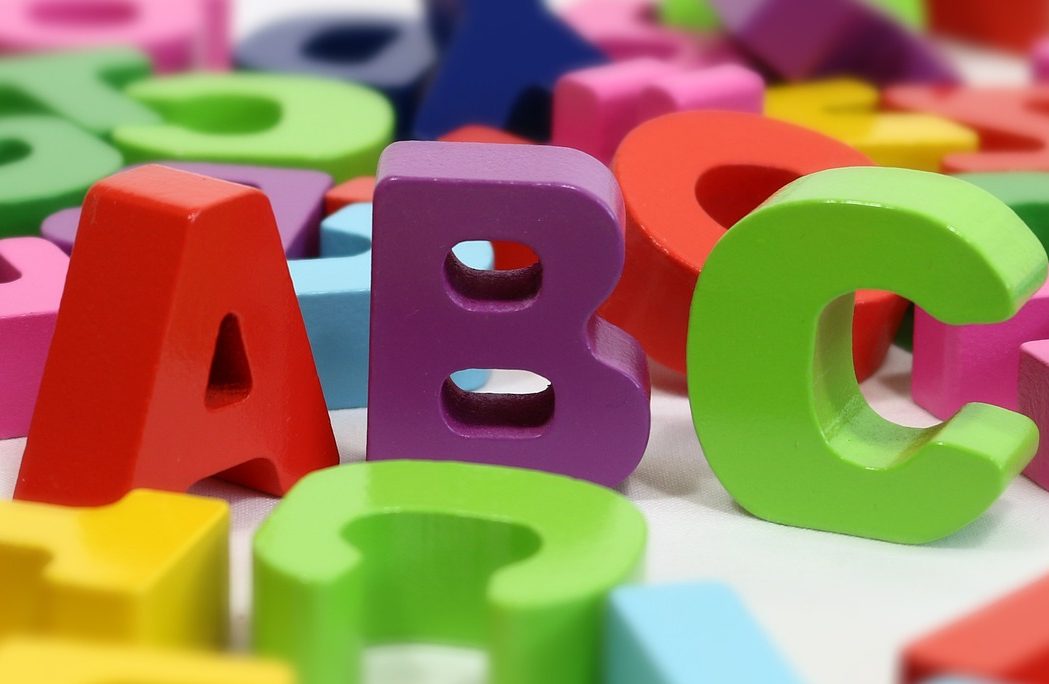
To ensure the continuity of the school and our teaching, we implement quality processes and apply the Charter for the Protection of Minors.
A.M.I
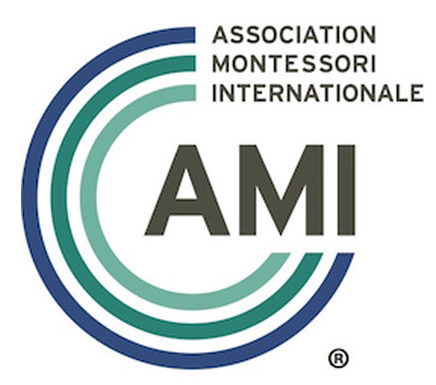
As members of the Association Montessori Internationale, we are connected to the Montessori world.

